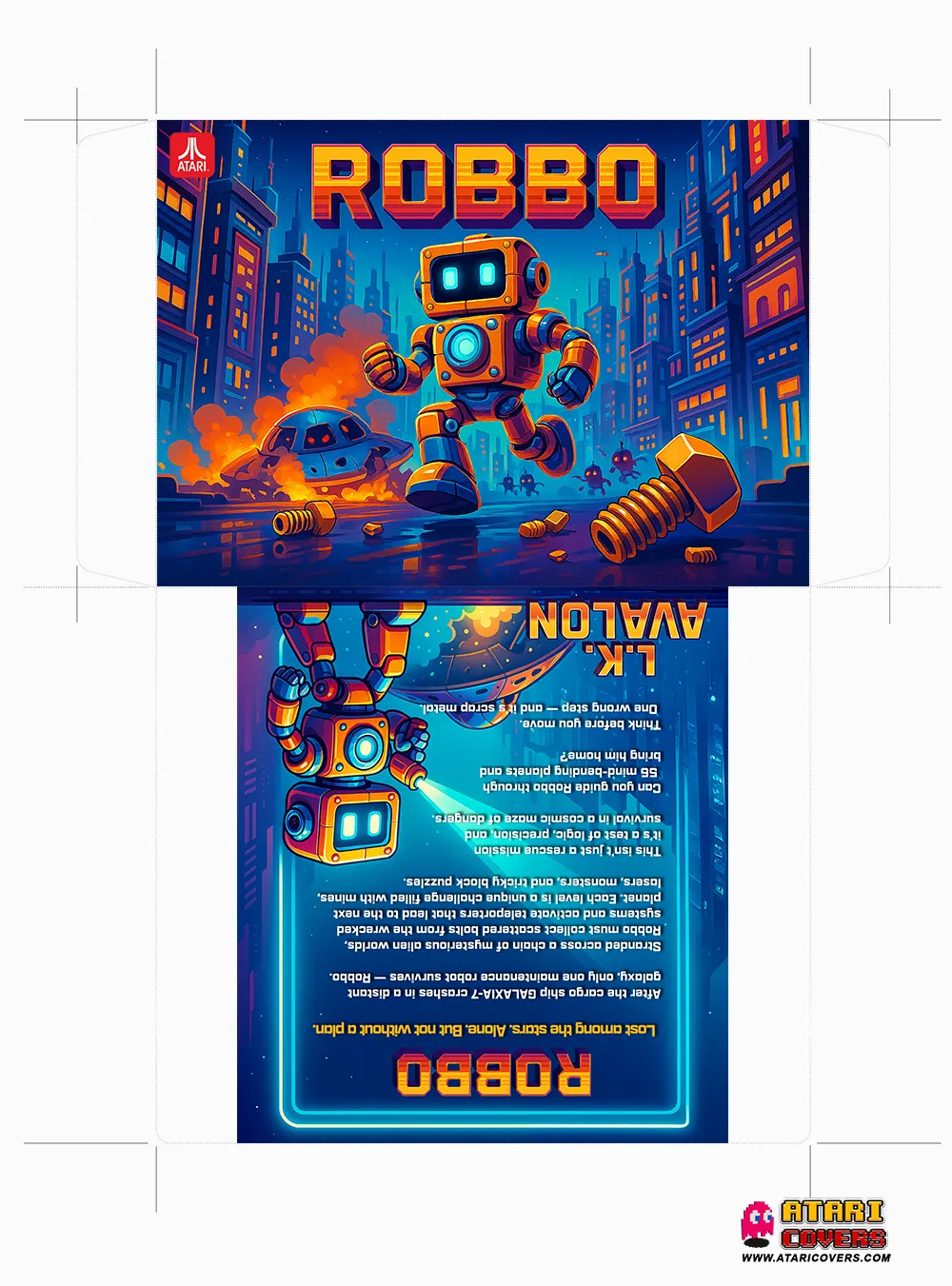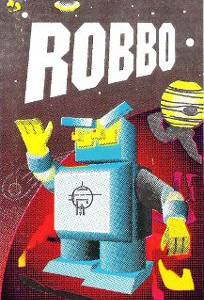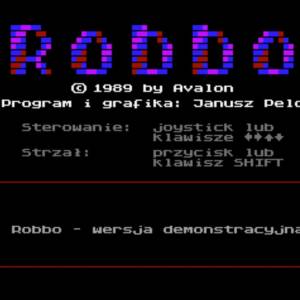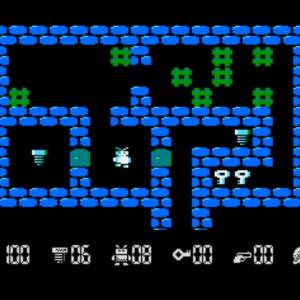| Release Information | |
|---|---|
| Release Date | 1989 |
| Publishers | LK Avalon |
| Download Game files |
Robbo is a classic Polish puzzle-platform game developed by Janusz Pelc and released by LK Avalon in 1989 for the Atari XL/XE computers. The player controls a small robot whose goal is to collect all the bolts scattered across each level to activate a capsule and move on to the next stage.
The game features a top-down view and consists of 56 levels filled with puzzles, traps, and enemies. The player must strategically use objects such as bombs, boxes, keys, and laser turrets to solve challenges and avoid hazards. Logical thinking and careful planning are key to success.
Robbo was the first title published by LK Avalon and became a milestone in Polish game development. It was later ported to PC DOS (as The Adventures of Robbo), Atari ST, and Commodore 64. Remakes were also released for Windows and iOS. A level editor called Robbo Konstruktor enabled players to create and share custom levels.
To this day, Robbo remains a cult classic among fans of 8-bit gaming. Its retro charm, clever level design, and active community continue to attract new and returning players. Fan-made levels and browser versions are widely available, keeping the game alive decades after its original release.





